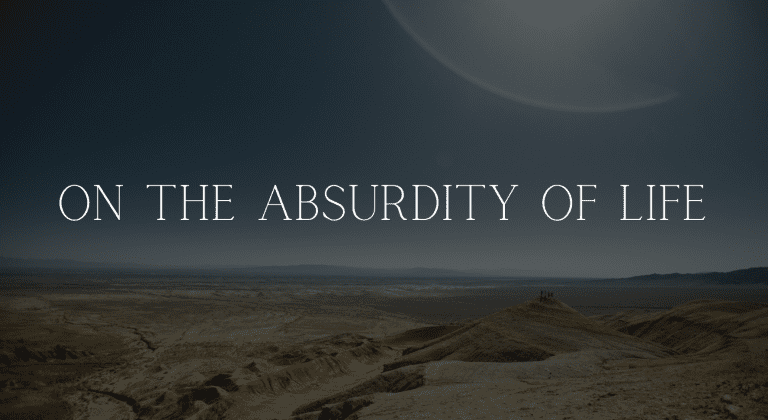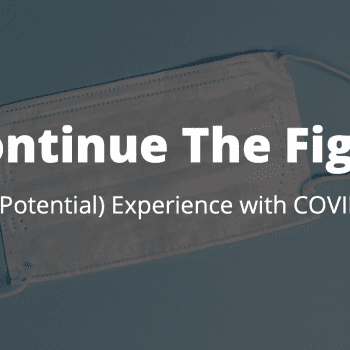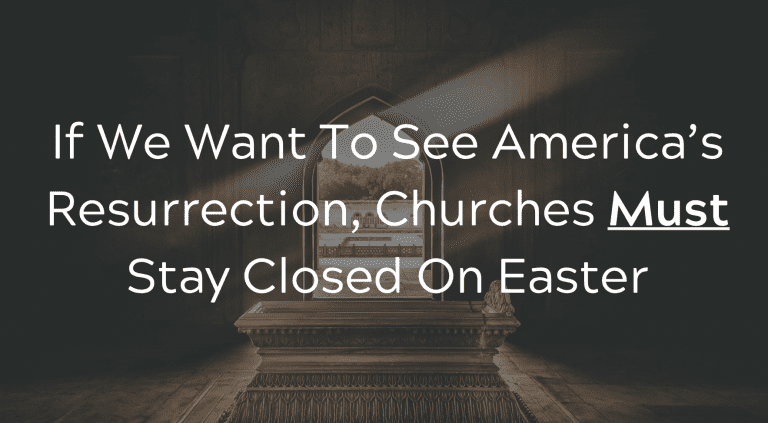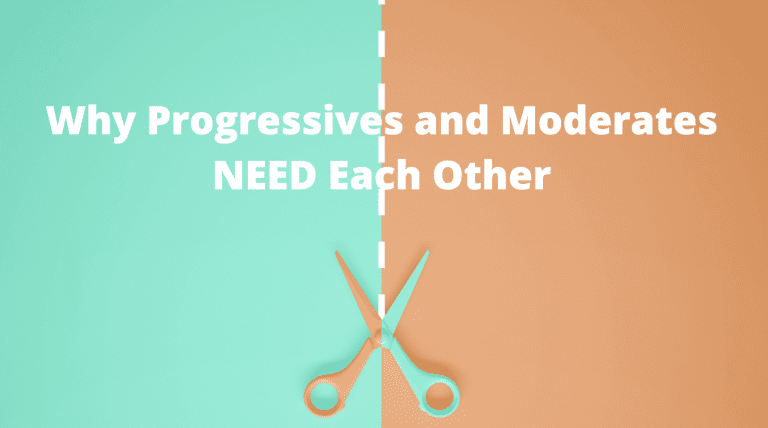Over the last year as more and more twenty and thirty-something millennial evangelicals have been publishing books, starting blogs, conducting interviews, and speaking to audiences about the renewal that Gods Spirit has been stirring in many of our hearts, there seems to have been an increased amount of criticism from many older Christians who have perceived our zeal to be a sign of our generations great hubris. I have personally received a good amount of angry emails, comments, and Facebook messages from older people telling how nothing I am saying is new, that I am too optimistic, and I just need to shut up and listen to what my elders are saying. I have often taken the harsh rebukes as a sign of genuine concern and have reconsidered my tone and content in light of the messages I have received. But beyond the personal notes that I have received, the critique of the millennial generation seems to have become a mainstream fad within evangelicalism. A couple of months ago Daniel Darling (a millennial himself) wrote a viral post on CNN about how millennials want nothing to do with orthodoxy or the teachings passed down to us from our forefathers. Soon after, Owen Strachan wrote a sharp critique of millennial Matthew Vines newest book God and the Gay Christian, criticizing him (and our generation) not necessarily for his theology, but for being arrogant. Strachan said:
Yet it is not the theology of the progressive Millennial Protestants that most take our breath away. It is the hubris. Matthew Vines, a young twenty-something with no formal theological training, believes with all starry-eyed optimism that he has the authority to correct the apostle Paul in his doctrinal particulars. This is a familiar pattern for Vines; one winces, for example, as he publicly brings his father to heel in his book.
We do not judge a Christian teacher only by his age or experience, to be sure. But the new progressives have an authority problem. Whether their own family members or martyred apostles, they show no hesitation in correcting those who would—and should—teach them. They do so, furthermore, with precious little confessional and congregational accountability. Ecclesial accountability—though no fail-safe—is given us for our good. Beware Greeks bearing bonds, you might say, and bloggers without churches.
From the way that Strachan has framed our generation, I can see why he and many others have come to the conclusion that we’re arrogant, unteachable, and lack accountability. But I want to suggest that the way Strachan and many others view my generations disposition comes from a colossal misunderstanding about the way millennials go about learning.
In Strachan’s critique of Vines (and subsequently millennial evangelicals he seems to assert that because we as a generation do not simply believe what we’re told by our elders but, as the generation with the most access to the most knowledge in the history of humanity- which naturally makes us skeptical and willing to consider all of the possible options- that we are arrogant. That we don’t respect those who “should be our teachers.” But I want to suggest that this is not the attitude of most millennials at all. For instance, I personally have a number of Christian leaders who I look to regularly for advice, critique, and insight. Men and women who are 20-40 years older than me and who have a lot more experience and knowledge than I do. I look to them because I know that they have thought through many of the things I am currently thinking through. They have struggled the same way I have struggled. Their perspectives and wisdom are absolutely invaluable to me. But that doesn’t mean that I take everything they say as gospel.
In fact, as Paul implored Timothy in 2 Timothy 2:15, my mentors have always encouraged me to study to show myself approved unto God. They want me to question what they say to me. They want me to push back. They encourage me to pursue new ways of understanding if I don’t find their explanations satisfactory. That’s the huge difference between learning and indoctrination. It is absolutely true that the millennial generation is incredibly resistant to indoctrination of any kind. We are not a generation that is simply willing to confess something just because others who went before us confessed it. We want to know why they confessed it. We want to explore all of the options. We want to be well informed people who understand the value of confessing what we confess. (Which is something that young people in all generations have desired!) History bears witness to the great danger of just believing and accepting something because generations before did so. As a truly global, interconnected, and informed generation, it’s no longer viable to expect us to simply accept and submit to what our pastors or Sunday school teachers or parents have told us. Most of us respect all of those people. We heed their advice and look to them for wisdom. But we are not afraid to correct their ideas if we discover them to be inadequate. And I don’t believe that is a sign of arrogance. It’s an essential part of growth and learning.
When it comes to those of us who have been called to be pastors, teachers, and theologians, who are just getting our feet wet in blogging, writing, publishing, and speaking, it is absolutely correct to say that many of us often get a little too excited about our personal reformation and renewal. We sometimes may have our heads a little too high in the clouds when we talk about how God is going to use our generation to bring about a new age in the Church. I admit it. I have often needed to hear my mentors tell me to simmer down and to come back into reality. I am well aware that I (and my generation) have a whole lot of learning and growing up to do. I think we’re all aware that sometimes we may get a little carried away with our critiques and calls for reformation. But none of it comes from arrogance or disrespect to our elders. To the contrary, our generation values and honors tradition. We want to hear what those who have gone before us have to say. But that doesn’t guarantee that we’re going to agree with them. Not because we think we know better but because we fundamentally see things differently. Between the millennial generation and the boomers, there have been a number of radical paradigm shifts. We live in a fundamentally different world than our most of our elders. And so, naturally, we’re going to have different perspectives on a number of fronts.
I have a feeling that many are going to read this post and think this is just another sign of my generations’ arrogance. I really, genuinely hope that it doesn’t come across that way. It is my hope that I myself and all those in my generation would be humble enough to sit at the feet of our elders to listen and learn from their wisdom. Because we have so much we can learn. But I also hope that those who have gone before us would seek to mentor, guide, and offer wisdom to millennials and not simply criticize us or see us as disrespectful or ungrateful. To encourage us in our zeal in believing that we are a generation that is truly crazy enough to believe that we can change the world for the better. A generation that wants to see new life burst forth in our communities. A generation that is rooted in our traditions, but is straining forward and innovating in every arena of life. Because I believe that is what our honest intentions are. Or at least, those are my honest intentions. Not to disrespect. But to listen, learn, and also to rethink, reform, and renew the faith that has been passed down to me like so many generations have done before.
Semper reformans, Semper reformanda!











